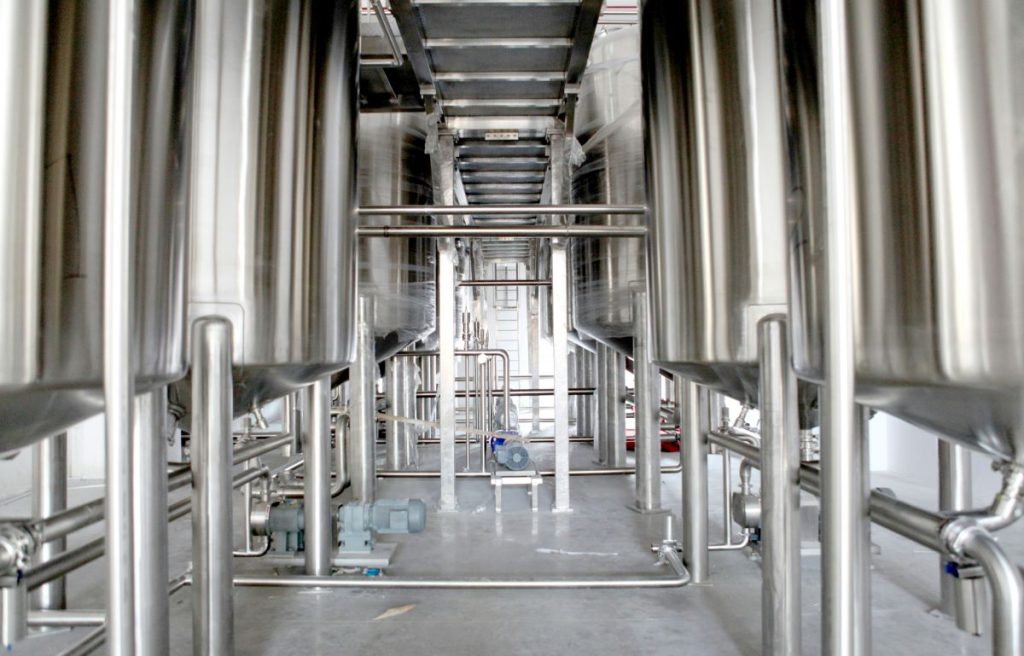Recent tax measures, including a £25 billion rise in employers’ NICs, are pushing UK manufacturers toward automation and strategic outsourcing. While initially seen as a challenge, these shifts may drive long-term efficiency and sustainable growth.
Navigating Rising Costs Through Innovation
The UK manufacturing sector, long reliant on a skilled workforce, faces new financial pressures following the Budget’s tax increases, particularly the £25 billion annual rise in employers’ National Insurance Contributions (NICs). This policy has intensified the sector’s focus on managing operational expenses and addressing skills shortages.
For many businesses, the solution lies in automation and outsourcing. Investing in advanced technologies and partnering with specialists for non-core operations offers a way to alleviate immediate financial strain while building a foundation for future competitiveness. Automation allows companies to streamline high-labor, repetitive tasks, reducing costs tied to NICs, wages, and training while improving productivity and product quality.
Strategic outsourcing enables manufacturers to convert fixed costs into scalable, on-demand expenses. By outsourcing capabilities like supply chain management, engineering, and production, firms can access specialized expertise and technologies without the high costs of in-house development.
A Shift Toward Opportunity
PP Control & Automation, a West Midlands-based outsourcing specialist, has seen a surge in interest since the Budget’s tax changes. Managing Director Tony Hague notes increased inquiries from clean energy, agritech, and warehouse automation sectors, as companies explore outsourcing to manage rising employment costs.
Outsourcing partners not only help reduce expenses but also offer access to advanced technologies and specialized talent pools, critical for addressing the UK’s engineering shortages. By reevaluating which processes to automate or outsource, manufacturers can maintain quality and brand integrity while scaling capabilities to meet demand.
Hague emphasizes that businesses considering automation or outsourcing must align their decisions with strategic goals. Key considerations include quality standards, regulatory compliance, and scalability. A thorough cost-benefit analysis will help identify the long-term financial and operational advantages of these shifts.
While the NIC increase poses immediate challenges, it also presents an unexpected opportunity for UK manufacturers to modernize and adapt. By embracing automation and outsourcing, the sector can transform traditional cost structures into flexible, scalable frameworks that meet both current challenges and future demands.
Rachel Reeves’ tax measures may prove to be a turning point, propelling UK manufacturing into a more innovative and competitive era. What may have started as a fiscal challenge could become a catalyst for long-term growth.








